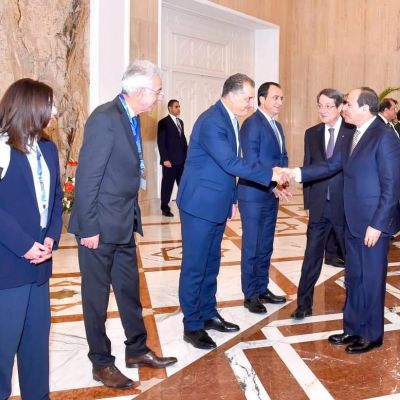
Despite efforts and investment by governments and non-government stakeholders in the fight against HIV/Aids, the continent is yet to free itself from the disease.
Statistics show that though there is progress often, there remains key vulnerabilities that often see the contraction rates remain higher than projected/
These will make up the agenda at the International Conference on AIDS and STIs in Africa which opens today in Kigali.
Among the challenges that have been in the way of curbing the spread of the virus and efficient treatment experts say is culture and social norms that lead to lack of inclusion for key population segments such as sex workers and same-sex activities.
Health experts say that the hesitance by some countries to acknowledge the existence of these key population segments creates challenges in planning for their prevention and treatment.
In cases that sex work and same-sex activities is criminalized, it’s made it difficult for members of these population segments to admit their status to health authorities for them to get the specific medical interventions they seek prevention and treatment. This has consequently increased their chances of driving the spread of the disease undoing gains made over the years.
In an exclusive interview with The New Times, Linda-Gail Bekker, President of the International AIDS Society said that often, some countries fail to view inclusion from a public health perspective which drives a section of the population underground further spreading the disease.
“Some of our countries do not get it. This does not make any public health sense. When you criminalize the behavior of any sort that has health implications, it has negative implications. We have seen it with sex workers as it drives them underground, same-sex activities too. Those people stop seeking health services and do not stop the behaviours,” Bekker who is also the Chief Operating Officer of the Desmond Tutu HIV Foundation said.

John Idoko ICASA President, and Minister of Health Dr. Diane Gashumba addressing the press head of the International Conference on AIDS and STIs in Africa summit. / Courtesy
She noted that criminalizing and refusing to acknowledge the population segments does not stop the activities but drives them to continue their habits secretly making it hard for public health practitioners to include them in prevention and treatment.
“They do it quietly and out of sight which does not help the public health situation. It’s not a moral discussion, it’s about good public health approaches. Let’s openly treat individuals, let’s offer them treatment and health services and make them free to come in for services. This way, they will be healthier and their contacts will be safer,” she said.
The same lack of inclusion approach is also present in availing sexual education as some stakeholders believe that sexual education could lead teenagers to engage in sexual activity.
“It’s the same argument that we cannot do comprehensive sexual education in schools. Because if we have a harm reduction approach with the idea that knowledge is power, it often gets construed to mean that we are asking them to have sex. We want them to have knowledge that can protect them,” she added.
For Rwanda like many African countries, young adolescents especially girls are currently the weak link in the fight against the disease, according to the Minister of Health Dr. Diane Gashumba.
Dr. Gashumba said that research and surveys show that despite the progress made over the years in curbing the spread and treatment in the country, there is evidence to show that adolescent population stand the highest risk of contracting the ailment.
She said that they were moving in to address the challenge through pro-active ways to reach out to the young people to avail education on abstinence and protection in the event they engage in sexual activity.
“We need to increase efforts to reach out to the adolescent population who we have seen are at a higher risk. We are creating dialogue with them to make sure that we also understand them better to have success in these aspects,” she said.
John Idoko the International Conference on AIDS and STIs in Africa President said that to maintain momentum in the way of fighting the HIV/Aids, community empowerment is critical including the hard to reach areas as well as addressing cultural and social attributes that affect treatment and prevention.
Shannon Hader the Deputy Executive Director UNAIDS said that among the lessons that they have also picked over the years is that one-size approaches are not relevant and that interventions have to be tailored to address specific contexts and challenges of societies. This applies to prevention and treatment.
Andrew Ball the Senior Strategy and operations Adviser HIV/Aids Department at World Health Organization said that as a way to address emerging challenges, they are engaging communities from grassroots as well as providing guidelines that could see all population segments reached.
In Rwanda, HIV prevalence is estimated at about 3 per cent of the population but mortality has gone down by over 80 per cent due to access to ARVs and treatment of opportunistic infections. In Rwanda over 83 per cent of the population living with the condition are aware of their status and are under treatment with government saying the progress is an effect of strong political will, decentralization of health services and universal health coverage.































